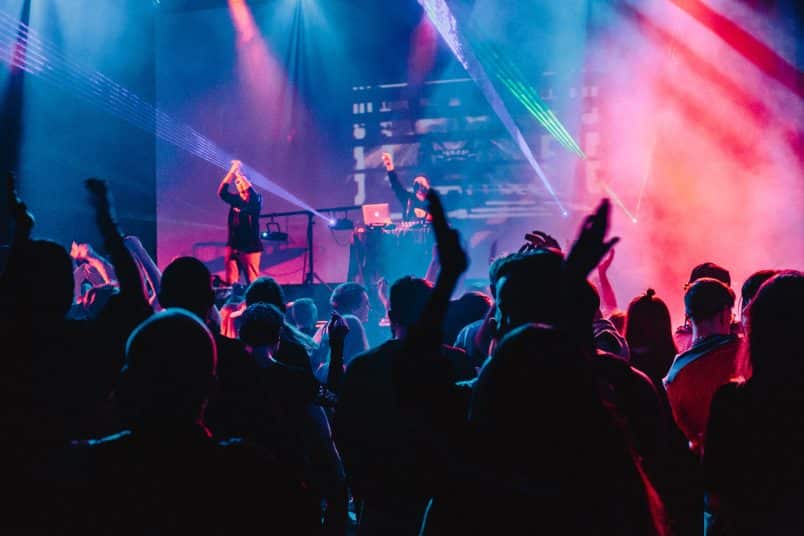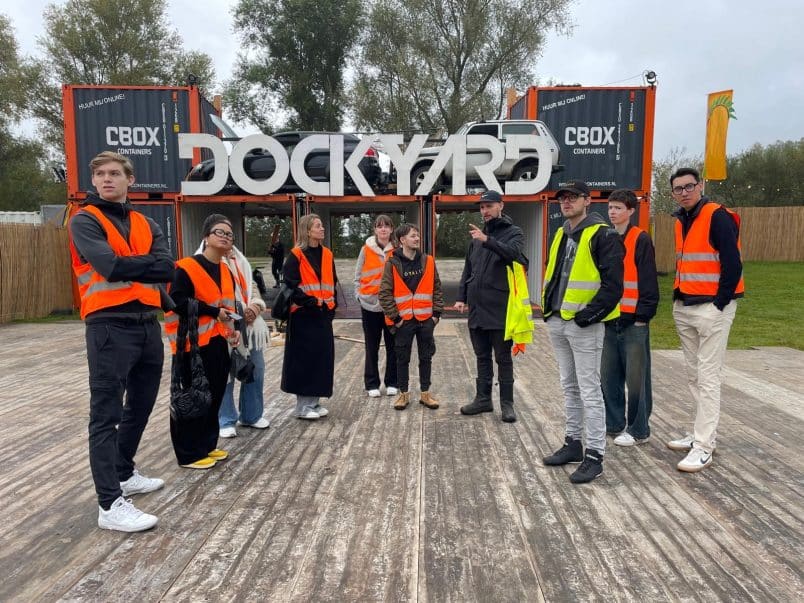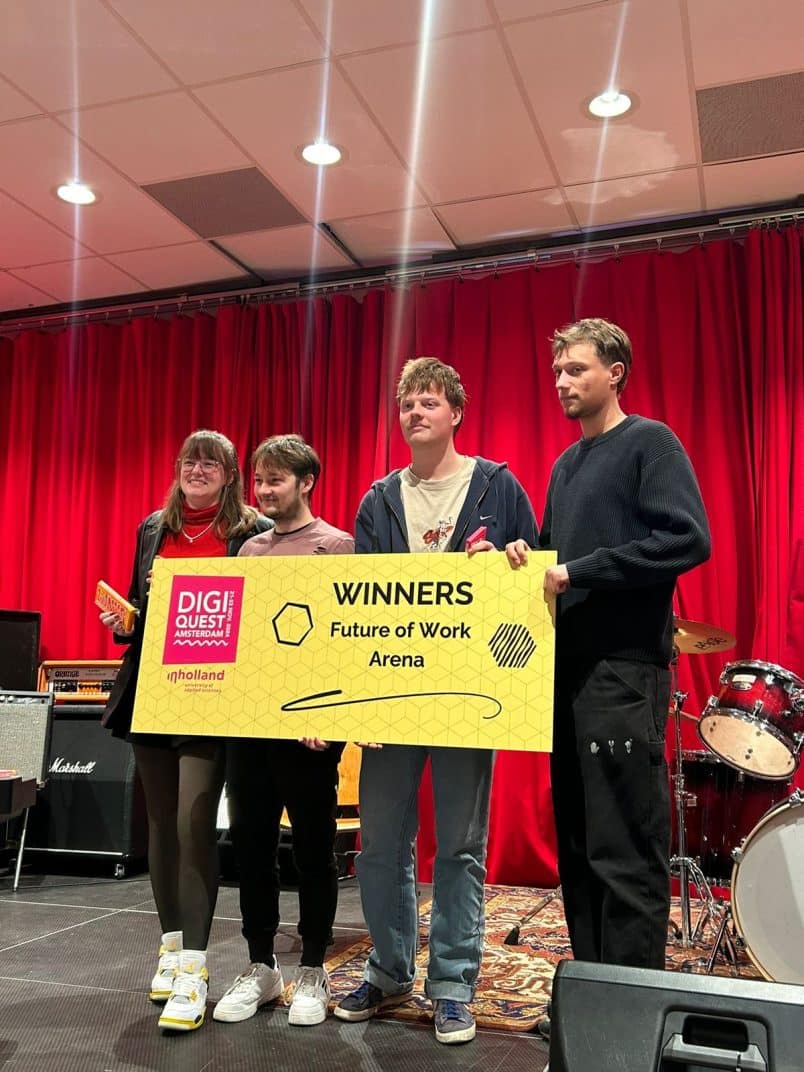At IMI Lab, music isn’t just a product—it’s a way to connect, inspire, and bring people together
We believe that music shapes lives and communities, which is why IMI Lab is so much more than lectures and assignments. It’s a place where you can immerse yourself in learning through real experiences, creativity, and collaboration.
When you join IMI Lab, you’ll become part of a diverse team of students from different programs, working alongside leading industry partners like elrow, c/o Pop, Utopia Music, and Patronaat. These aren’t just “guest speakers” handing out tasks; they’ll collaborate with you on exciting projects. Together, you’ll dive into pressing challenges of today’s music industry
Want to work on these problems that need bold ideas and fresh perspectives? At IMI Lab, you’ll have the chance to make your mark on the music industry while developing skills that set you apart.
Ready to turn your passion for music into action? Join us at IMI Lab and let’s make a difference—together.
Dive into the music industry like never before at IMI Lab!
The IMI program is all about learning by doing, exploring what excites you most, and working hands-on with experienced industry pros. You’ll be guided by expert coaches and researchers from the Lectoraat Innovation in the Music Industry, who are there to mentor and support you every step of the way.
At IMI Lab, you’ll go behind the scenes and visiting key industry hotspots. Imagine touring the Mystic Garden x Dockyard Festival terrain, joining exclusive sessions at the Amsterdam Dance Event Lab, and networking with top professionals during guest lectures, hackathons, and industry events.
Set your own learning goals, build an impressive portfolio, and grow your network with like-minded peers and music insiders. Whether you’re brainstorming creative solutions or diving into the business side of music, this is your chance to immerse yourself in the heart of the music world.
Read our Manifesto if you are not a student but would like to know more about the IMI Lab.
Ready to turn your passion into a career? IMI Lab is where it all begins.
At IMI Lab, we use design thinking to tackle challenges, just like designers do—exploring, experimenting, and finding creative solutions. With hands-on tools and methods, we dive deep into the context of problems to come up with impactful ideas.
We work in a living lab, where students, industry pros, researchers, and coaches come together to collaborate and co-create. It’s a dynamic, real-world environment where education meets the music industry, and innovation takes center stage.


